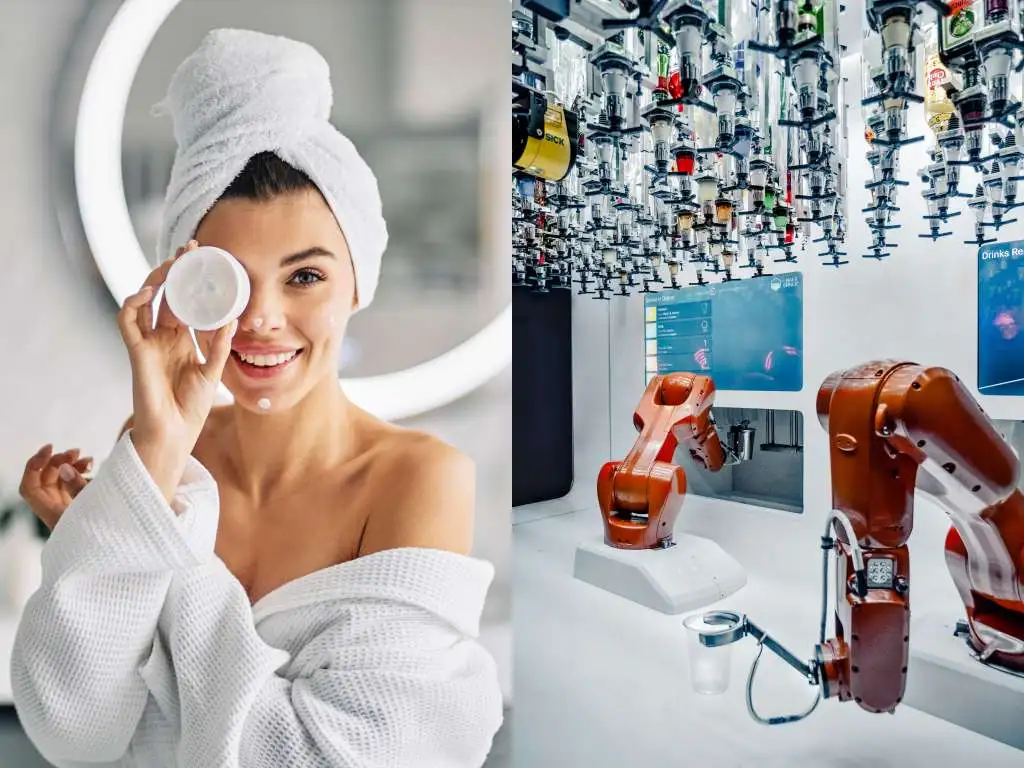- Technologies such as AI and machine learning can provide customised skincare plans based on user habits geographic location and many other factors.
- Virtual reality technology can make it easier to buy cosmetics.
- There is a huge market potential for this project.
Digitalization has permeated the beauty industry, and this is nothing new. However, with the integration of Artificial Intelligence (AI), this field is undergoing a remarkable transformation. The clever fusion of beauty and technology has given rise to innovative solutions that not only reshape the development and marketing strategies of products but also enhance the overall customer experience.
AI is like having a super-smart friend who knows everything about beauty trends and what suits you best. Imagine trying on different hair colors or makeup styles without actually applying anything – that’s what AI’s virtual try-on tools do. It’s super fun and helps you make better choices. Also, AI is like a personal shopper, suggesting products that it knows you’ll love based on what you’ve liked or bought before.
Public Relations, Business Strategist, Beauty Industry Expert Dawna Jarvis
AI and machine learning in the beauty industry in recent years
In recent years, the use of Artificial Intelligence (AI) in the beauty and cosmetics industry has significantly increased. This trend is driven by advancements in AI technology and the industry’s demand for personalized and data-driven solutions. According to Swiftern predictions, the global AI market in the beauty and cosmetics industry is expected to reach $13.34 billion by 2030. The promising Compound Annual Growth Rate (CAGR) from 2021 to 2030 is projected at 19.7%.
Artificial Intelligence is profoundly reshaping the beauty and cosmetics industry, offering consumers entirely new interactive experiences and efficient custom solutions, such as virtual try-on and personalized product selection. Virtual try-on, facilitated through virtual mirrors on applications and websites, allows customers to virtually experience cosmetics and fashion items before making a purchase, enhancing the intuitiveness and confidence in shopping. Simultaneously, the development of robotic beauty services is gaining momentum, providing consumers with more personalized beauty advice and services.
Major players in the beauty industry are closely collaborating with technology experts, leveraging technologies such as artificial intelligence, machine learning, data analysis, augmented reality, and virtual reality to collectively drive the transformation of the beauty sector. However, with the widespread application of artificial intelligence, some are concerned about the potential impact on the jobs of beauty professionals. Despite this, there is also a perspective that AI holds the promise of attracting new customers, expanding the market for beauty services. In this realm of technology merging with beauty, we are witnessing unprecedented opportunities and challenges.
Also read: Amazon Q AI assistant: AWS launches a revolutionary data query approach
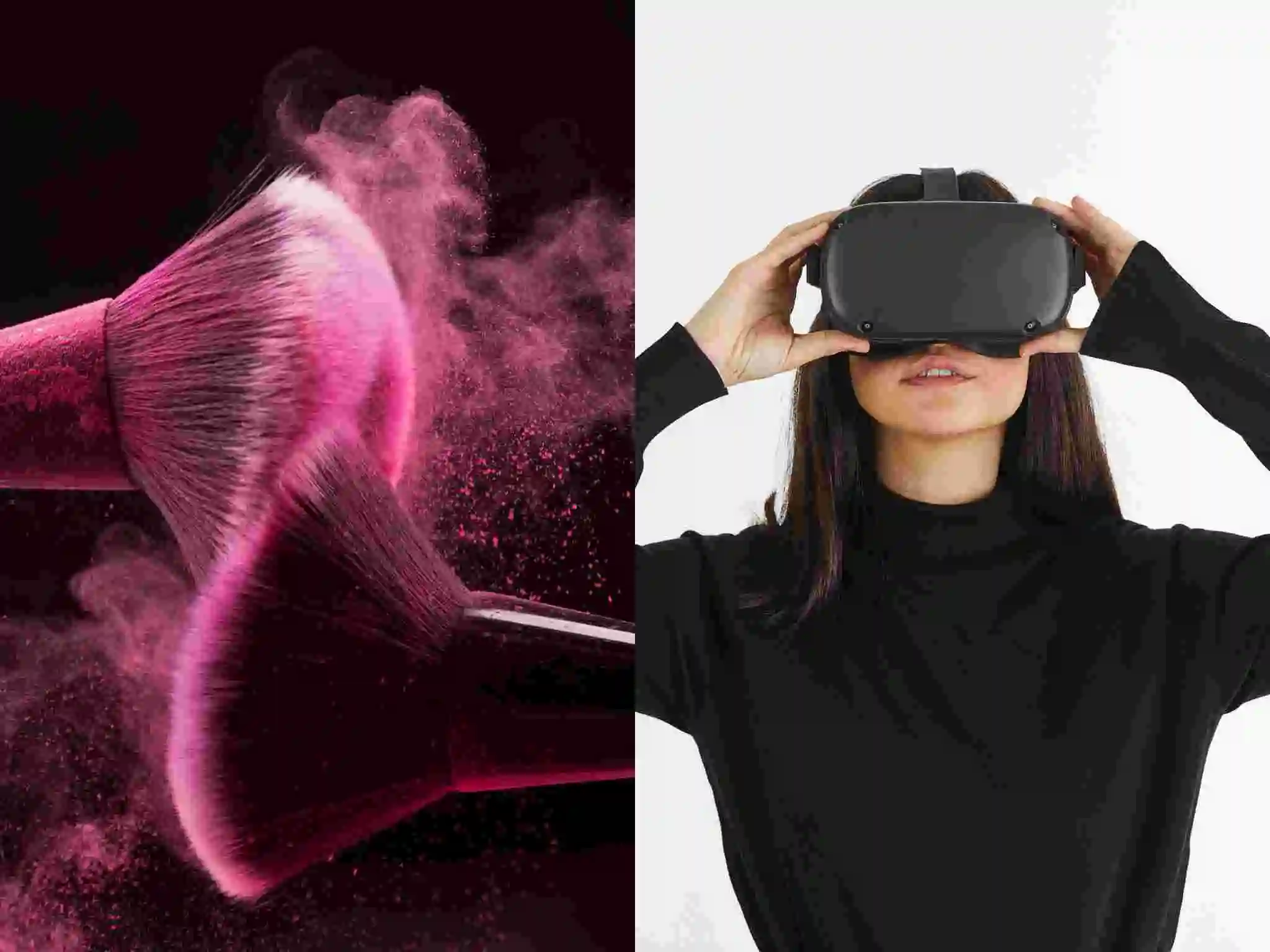
How AI and machine learning provide personalized skincare recommendations
Some AI-driven platforms utilize machine learning technology to tailor personalized skincare products based on user-provided information, addressing specific needs such as facial oiliness or cleansing requirements. This level of personalization far exceeds the one-size-fits-all solutions offered by traditional skincare products.
CEO of Perfect Locks LLC, Priyanka Swamy told BTW:“In the skincare industry, artificial intelligence (AI) and machine learning (ML) are used to analyze large amounts of information to understand skin types. By considering genetics, environment, and lifestyle factors, AI and ML can provide personalized product recommendations that address specific skin concerns. The beauty of AI lies in its ability to learn and adapt. By recognizing patterns and understanding each user’s unique needs, AI creates a personalized skincare recommendation experience. Not only is it accurate, but it’s also adaptive to changing conditions. With this level of customization, customer satisfaction increases, creating a stronger relationship between the consumer and beauty brands.”
Companies like Olay are actively developing deep learning-driven skin analysis and recommendation platforms. These platforms can provide consumers with more intelligent and personalized skincare choices. The integration of these technologies not only enhances the level of personalization but also brings forth new growth points and innovative opportunities for the beauty industry. As these technologies continue to evolve, we are witnessing the skincare industry move towards a more intelligent and personalized direction.
Also read: Abkhaz to Zulu: Amazon Transcribe can now recognize 100 languages
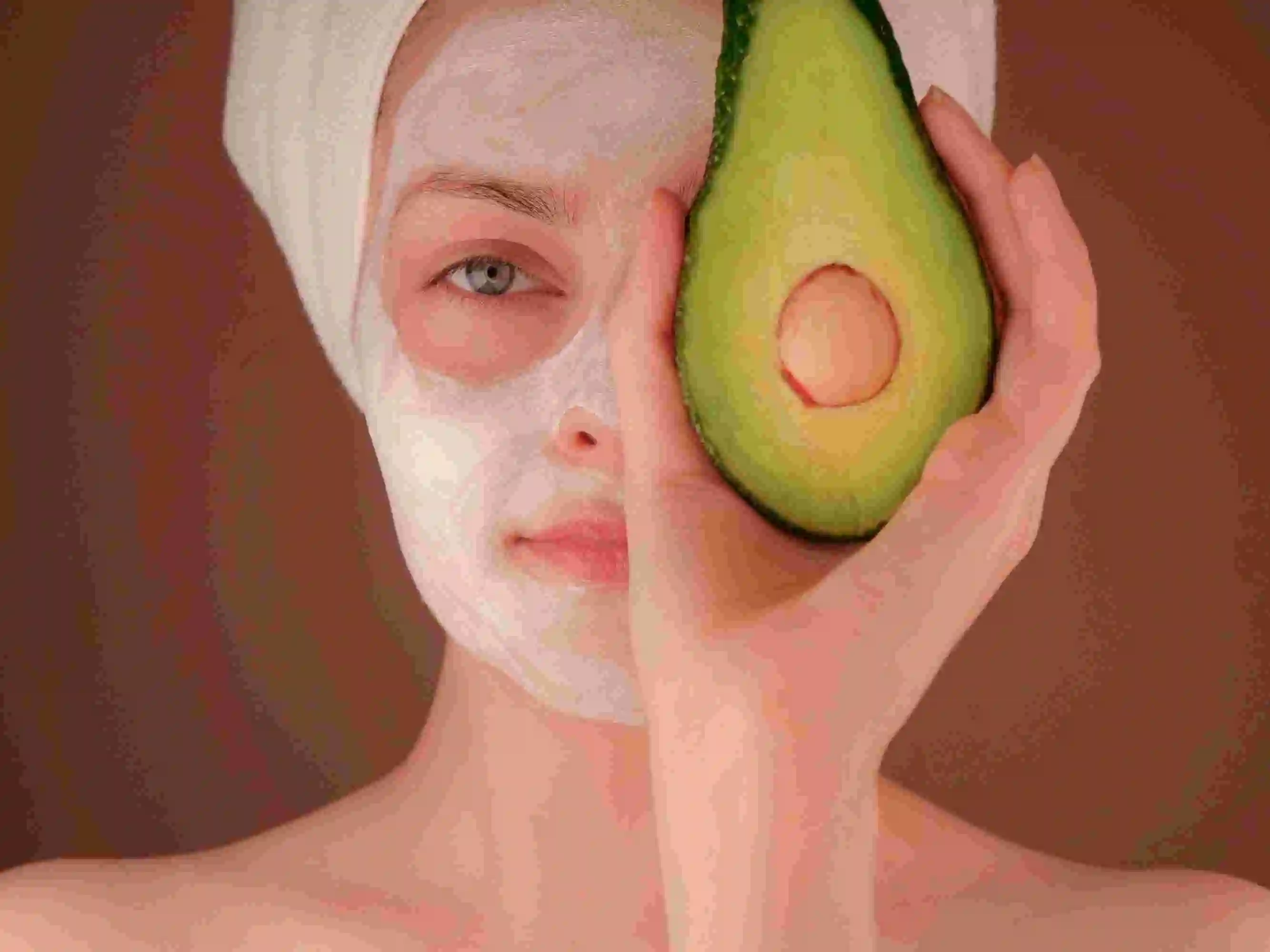
Quiz Zone
What is the projected market for this technology by 2030?
A. 2.046 billion
B. 13.34 billion
C. 16.37 billion
D. 10.58 billion
The answer will appear at the bottom of the article.
How does AI do this?
The AI expert Ben Steele told BTW, “The rise of AI in the beauty industry has largely been driven by advancements in other areas. Highly accurate AI-powered facial recognition software has mostly been developed as a security measure so far (think about Face ID on your iPhone). The same type of technology that can identify blemishes and recommend treatments has seen far more press relating to its ability to be able to diagnose signs of skin cancer.”
According to CNN , the technology employed in this system utilises algorithm-based deep learning. This approach involves uploading a substantial number of skin issue images into a Convolutional Neural Network. By setting a series of parameters, the system is trained to recognise various skin issues. When users upload images, artificial intelligence utilises a vast dataset of sample images and predefined parameters to identify and assess the user’s skin problems.
Ben also told BTW: “These tools usually combine multiple different machine learning models into one app. One model might look for signs of ageing, another model might look for a particular skin condition. Machine learning allows for an AI to visually diagnose skin conditions in the same way that an experienced dermatologist learns how to diagnose a condition on sight – by having a large amount of experience.”
When faced with user-uploaded images, AI systems rely on known samples and predefined parameters to identify skin issues. By analyzing the identified problems, along with factors such as user lifestyle and geographical environment, the system offers tailored skincare solutions, possibly even customizing skincare product formulations to meet individual needs. Implementing this method involves training extensive neural networks, continuously learning and analyzing images of various skin issues to enhance the system’s accuracy and predictive capabilities. Despite involving vast amounts of data and complex algorithms, this deep learning technology revolutionizes personalized skincare, providing consumers with more precise and thoughtful skincare solutions.
Also read: Is Formula One’s use of AI for track limits enforcement better than using humans?
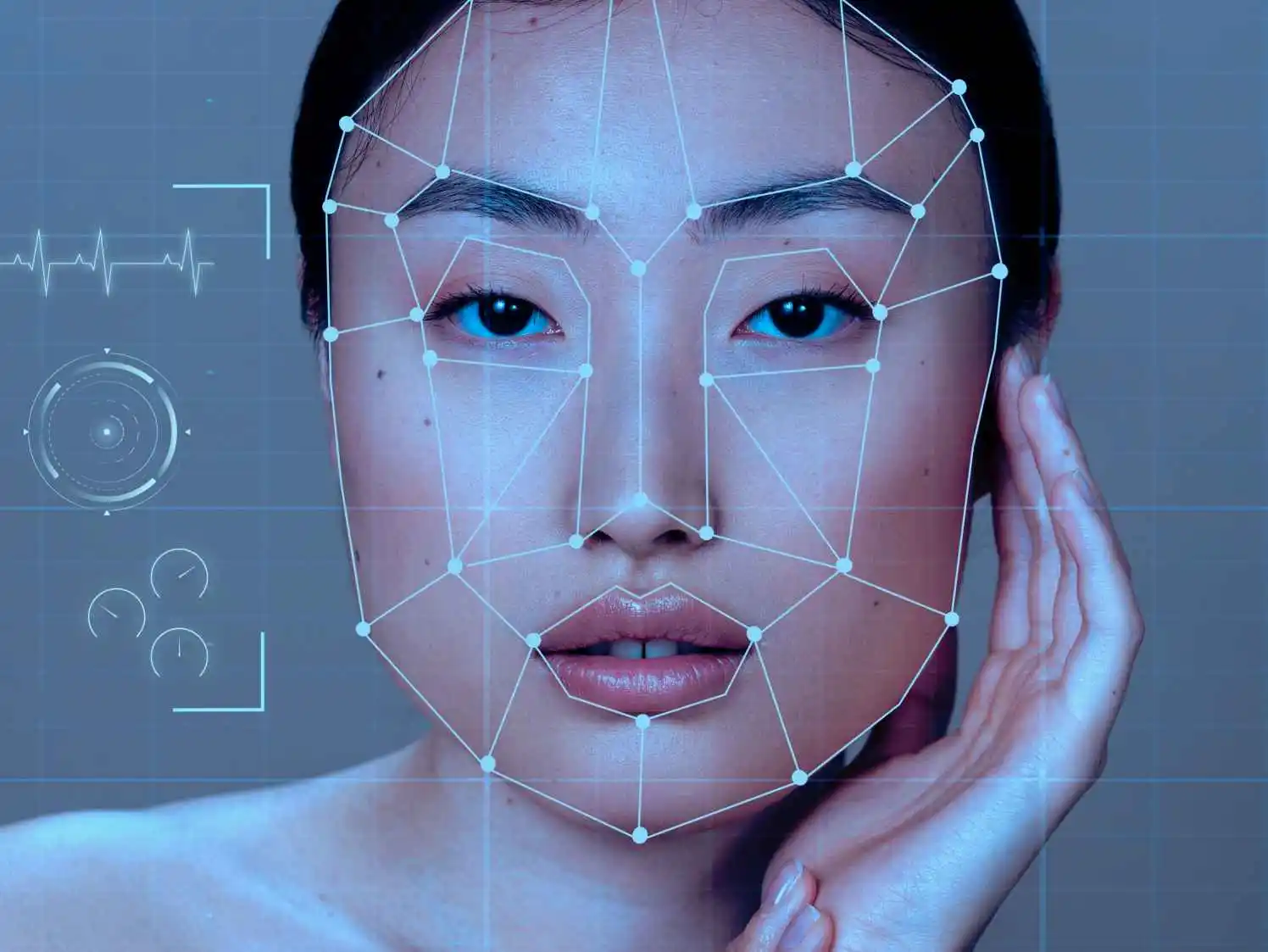
Leading companies in the field
Proven, a brand originating from the Massachusetts Institute of Technology (MIT), takes pride in its extensive “Skin Genome Project” database. This database aggregates over 8 million consumer reviews and 4,000 scientific journal articles, covering more than 20,000 beauty ingredients. This vast repository of information serves as Proven’s unique advantage, enabling them to excel in the realm of personalised skincare.
Proven is not merely a brand that offers standard products; rather, it customizes formulations such as cleansers, SPF moisturizers, and night creams by delving into an in-depth understanding of environmental factors in the customer’s location, such as water quality, humidity, and ultraviolet exposure. This personalized skincare approach allows users to achieve the most effective skincare results based on the varying needs dictated by their specific environmental conditions.
L’Oréal Group has also introduced a skin detection feature for its subsidiary company Lancôme. Isabel Suchy, the corporate communications manager of L’Oréal, informed BTW: ‘The Skin Screen represents a breakthrough combination of tri-polar light technology, AI, and advanced algorithms to measure 13 skin clinical parameters.’ These 13 skin clinical parameters include: wrinkles & fine lines, firmness, crow’s feet, texture, clogged pores, brown spots, under-eye bags, surface spots, redness, UV damage, hydration, dark circles, visible pores.
Apart from L’Oréal and Proven, industry giants such as Estée Lauder, P&G, LVMH, and others are actively advancing developments in this field.

What are the benefits of AI adoption in beauty?
Ensuring the quality of beauty products has always been a complex and expensive task. However, the introduction of digital olfaction provides a novel approach to addressing this challenge. By using sensors to capture odors and employing intelligent interpretation through machine learning software, digital olfaction can objectively and reliably verify the quality of raw materials and final products, effectively preventing product deterioration. The application of this technology not only enhances production efficiency but also reduces the costs associated with quality control, injecting greater innovation potential into the beauty industry.
Contemporary consumers have higher expectations for transparency regarding the ingredients in beauty and cosmetic products. In this regard, artificial intelligence provides robust support by ensuring the cleanliness and safety of ingredients in products throughout the beauty supply chain. The monitoring and tracking capabilities of AI enable consumers to make purchases with confidence, knowing that products do not contain unhealthy ingredients such as palm oil.
The beauty industry is not only benefiting from AI technology, it is also perfectly integrated with augmented reality (AR) technology. Skincare Expert Doctor Christina DiFerdinando told BTW:“Imagine being able to try on different makeup shades virtually, seeing exactly how that lipstick or foundation looks on your skin, without ever having to set foot in a store. This helps consumers make educated choices about what beauty products suit their skin the best.”
Also read: 9 very different ways AI is changing the world
The challenges faced by AI technology in its application in the beauty industry
The beauty industry’s adoption of artificial intelligence has sparked ethical and regulatory concerns. This involves issues related to data privacy, algorithmic bias, and ensuring transparency and ethicality in the practice of artificial intelligence. Despite the immense potential of AI, integrating and applying this technology in the beauty sector requires substantial investments, expertise, and infrastructure, posing challenges for small and startup enterprises. Ensuring the quality and accuracy of data is paramount when utilizing AI algorithms for skincare recommendations and diagnostics. Additionally, explaining results and ensuring their alignment with professional standards and practices are challenges that need to be addressed. These aspects are crucial considerations in the application of artificial intelligence in the beauty industry.
Ben also warned that: “A common criticism of AI tools for beauty is that the training data usually features mostly one ethnic group, which might lead to a model being completely useless when used by somebody with a different skin colour. Perhaps the model is trained to make its decisions based only on how red a person’s skin is, or how much contrast it can see… in other words, it’s taking some shortcut that works really well for one group of people, and not so much for another.”
Also read: Meta releases new text-prompt Emu AI image and video editing tools
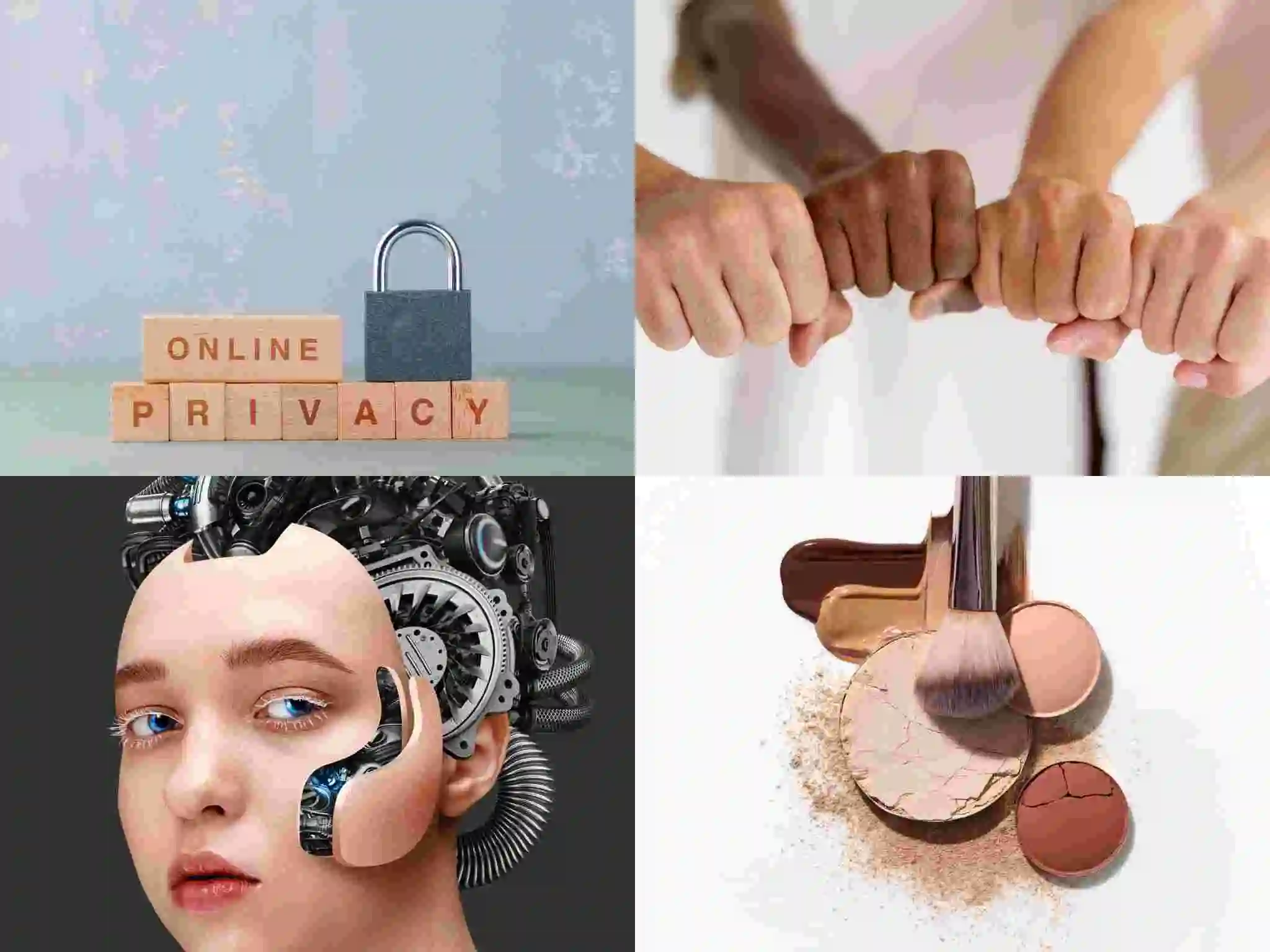
Artificial intelligence and machine learning are driving innovation in the skincare industry by providing personalized skincare recommendations through advanced algorithms and data analysis. By analyzing skin data, including skin type, concerns, and environmental factors, these technologies can design skincare routines tailored to individual needs. Through such personalized skincare recommendations, AI offers users an unprecedented customized experience, showcasing the profound impact of technology in the beauty sector.
While the widespread application of artificial intelligence has raised concerns about the potential impact on the work of beauty professionals, some perspectives suggest that AI has the potential to attract new customers and expand the beauty services market. In this convergence of technology and beauty, we face unprecedented opportunities and challenges.
The correct answer is B.13.34 billion.

